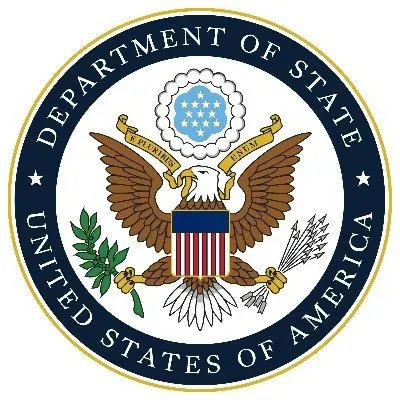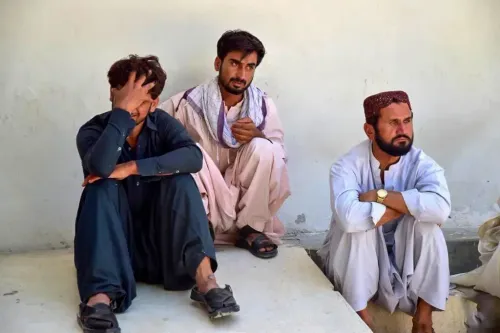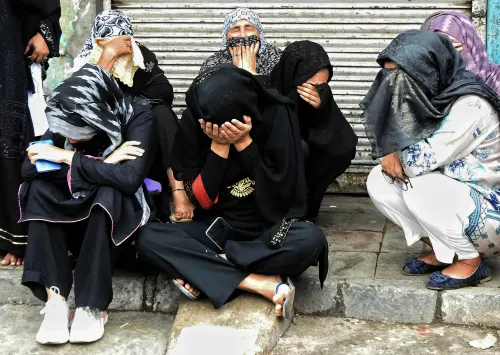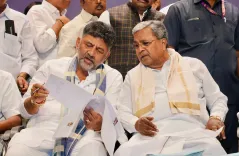Is the US Human Rights Report Misleading About India?

Synopsis
Key Takeaways
- MEA rejects US human rights report as biased.
- Claims of minimal government action against human rights abuses refuted.
- India emphasizes its pluralistic society and democratic values.
- Ongoing criticism of USCIRF as politically motivated.
- India remains focused on inclusive governance for human rights advancement.
New Delhi, Aug 14 (NationPress) The Ministry of External Affairs (MEA) firmly dismissed the latest US human rights report, labeling it as “a blend of misrepresentations and biased projections” that reflect a limited comprehension of India’s democratic framework, pluralistic society, and strong institutional mechanisms dedicated to safeguarding human rights.
“As we have consistently stated, these reports are a combination of imputations, misrepresentations, and one-sided projections that indicate a poor understanding of India's democratic framework, pluralistic society, and robust institutional mechanisms for protecting human rights. We do not consider such biased assessments credible. Our focus remains on promoting the human rights of our citizens through inclusive governance and development,” stated MEA spokesperson Randhir Jaiswal during a weekly media briefing.
Earlier this week, the US State Department, in its ‘2024 Country Reports on Human Rights Practices’, asserted that the Indian government took “minimal steps” to identify and penalize officials responsible for human rights violations.
In March, India rejected a report from the United States Commission on International Religious Freedom (USCIRF), arguing that it continues to produce biased and politically charged assessments.
“We have observed the recently released 2025 Annual Report of the USCIRF, which again follows its pattern of issuing biased and politically motivated evaluations. The USCIRF's ongoing attempts to distort isolated incidents and cast doubt on India's vibrant multicultural society reflect a deliberate agenda rather than genuine concern for religious freedom,” the MEA spokesperson remarked in response to media questions.
“India is home to 1.4 billion individuals who practice all known religions. However, we do not anticipate that the USCIRF will engage with the reality of India’s pluralistic framework or recognize the harmonious coexistence of its diverse communities. Such efforts to undermine India's reputation as a symbol of democracy and tolerance will not prevail. In fact, it is the USCIRF that should be designated as an entity of concern,” Jaiswal added in March.
This is not the first instance where India has criticized the USCIRF, the US federal agency that monitors universal rights to Freedom of Religion or Belief (FoRB) abroad and provides policy recommendations to the President, Secretary of State, and US Congress. Last October, while responding to inquiries regarding the ‘Country Update’ on India in the USCIRF report, the MEA clarified that New Delhi's views on the agency are well established.









